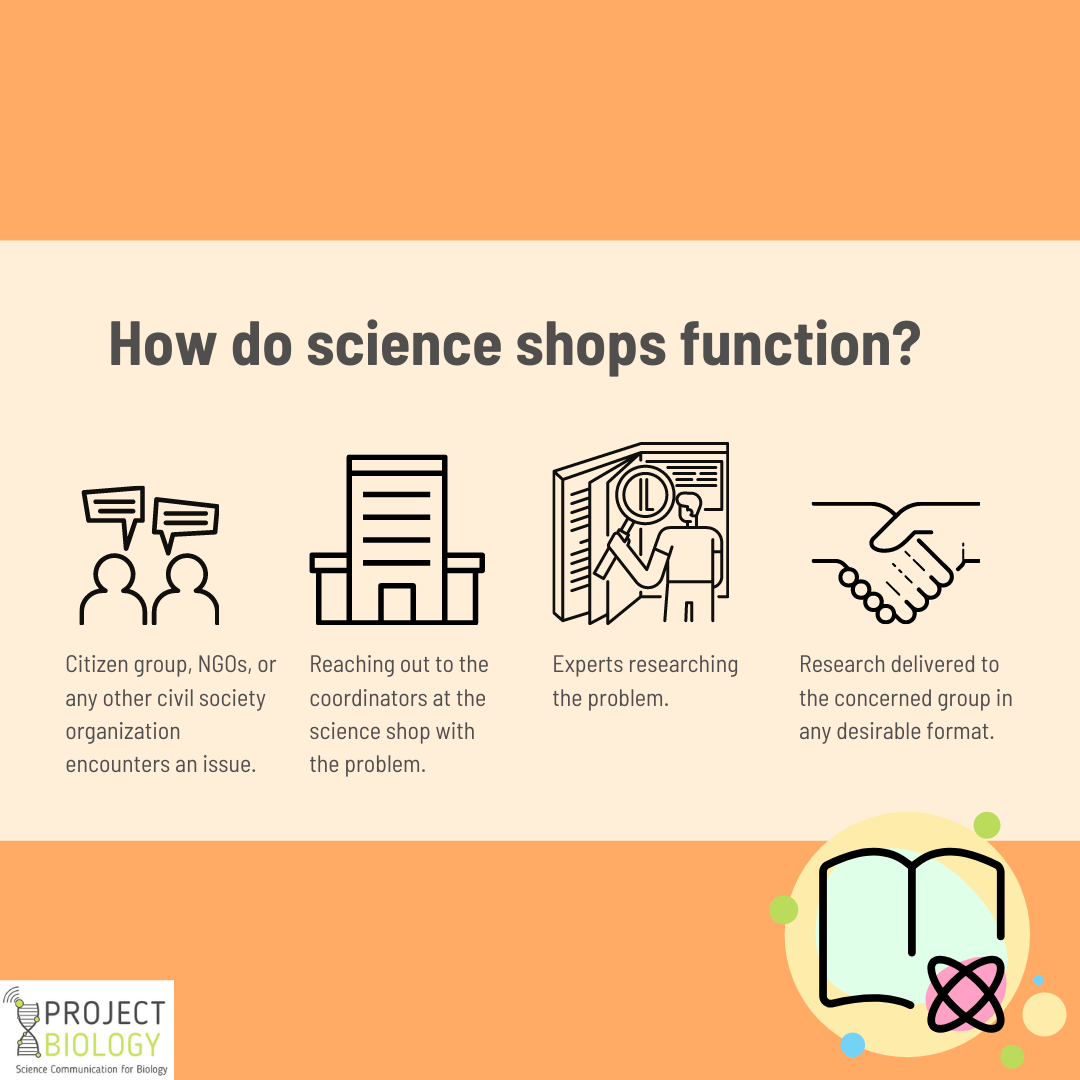You have no interest in changing a world that suits you so well, says Edith to Sherlock in a scene from the Netflix show Enola Holmes. Although the scene set on women in politics also applies to society even when discussing women’s health.
Likewise, Ranjana Kumari, a women’s rights activist and director of the Centre for Social Research in New Delhi, told DW that “The mental conditioning of Indian society has led to women having a very high threshold of patience and silence. The health of a woman is not a priority in our country. No one wants to invest in women’s health. It works both ways because most of the time, women also keep silent about their health issues,”
Furthermore, the reproductive and sexual health of women takes a backseat due to the taboo it accompanies. On rare occasions when women’s health is given center stage, it is for obstetric reasons and not gynecological. Gender norms form the central theme of these problems.
Women’s health forms an indispensable component of empowerment of self and society. But if a woman’s health matters only when carrying a child, how bad can the situation really be? Let us look at some statistics to find out.
What do the statistics say?
According to a WHO report, the data related to women’s health is scarce and often questionable. A global level study showed that one-third of all diseases for women between the ages of 15 and 44 are due to poor sexual and reproductive health. 60% of all HIV infections occur in girls between 15-24 years of age. Human Papillomavirus affects females disproportionately. The virus is responsible for 70% of all cervical cancer cases, while 15% of women worldwide are affected by gestational diabetes.
A study conducted among AIIMS patients found that only 37% of female out-patients received healthcare access than 67% males. Women with reproductive ages of less than 30 and greater than 60 years faced gender bias regarding access to a doctor. The farther the state was from Delhi, the fewer were the females seeking treatment from AIIMS. The travel costs associated with healthcare compounded the problem.
What factors affect women’s sexual and reproductive health?
- Demographics: Health problems are often more prevalent among poor people, older people or adolescents, rural residents or urban slum residents, and uninsured or undocumented people. Limited healthcare also finds association with a lack of education and nutrition.
- Marginalized groups in high-income countries and women in low- and middle-income countries are excessively affected by unsafe sex and violence. Nearly half of all induced abortions also occur in low- and middle-income countries. Moreover, approximately 225 million women’s need for contraception isn’t met.
- In India, female medical officers’ availability has been shown to improve antenatal care, skilled birth attendance, postnatal care for women, immunization of children, and health scheme coverage. But numbers of female medical officers seriously lag in India.
- Lack of agency, normalization of symptoms, and fear or embarrassment prevent women from seeking treatment for reproductive tract infections. Women dismiss vaginal pain or discharge as their “fate to suffer.” Upon experiencing symptoms, rural women prefer home remedies, traditional healers, and informal healthcare providers.
- Employed women often report a higher probability of seeking treatment. On the other hand, migrant women or spouses of migrant workers found it difficult to seek treatment.
How can the situation be improved?
Marleen Temmerman, former Director, Department of Reproductive Health and Research, World Health Organization, and colleagues in their paper suggest that healthcare centers require appropriate infrastructure and equipment and that providers require better training and mentoring. Furthermore, there is a need for better healthcare networks, transportation, and referral systems. They also emphasize that stakeholders and governments must be held accountable for women’s health. Policies should be in place to ensure that women have access to safe contraceptive methods and abortive care. Women should be screened often for reproductive cancers and precancerous lesions. Effective communication serves as a powerful tool.
How can SciComm help?
Comprehensive sex education proves necessary to address women’s sexual and reproductive health. Sex education needs to reach all adolescents and youths regardless of whether they attend school. It should be available to adult women as well. The information provided should be scientifically accurate and non-judgmental.
Thus, many issues demand the experts to remain available for women from different sections of society to have an open dialog. It demands the medical officers and even the researchers to participate in science communication to help women proactively, whether adults or adolescents, to access scientifically accurate information.
How can your expertise help?
You can, as an expert, help inform women about human rights, gender equality, respectful relationships, human sexuality, and sexual and reproductive rights. The accurate information stemming from an expert can prove instrumental in building decision-making and critical thinking skills. Thus, effective communication provides women with an agency. Informed women can communicate and negotiate effectively in their interpersonal relationships.
Education in schools:
Further, school teachers can be trained to conduct sex education. Parents, school principals, and program managers should be encouraged to participate in these discussions. Communication about scientifically based contraceptive methods also remains vital. It should be provided without bias, discrimination, and unnecessary medical eligibility.
Educating women about rights and policies:
Women should be informed about the laws and policies that protect their sexual and reproductive rights, including abortion rights. Another essential leg of communication constitutes spreading knowledge about sexually transmitted infections (STIs). Women should be educated about the risks and symptoms of various STIs and HIV. They should also be trained with skills and means to protect themselves from STIs.
Issues relating to female-specific cancers:
Comprehensive sex education, knowledge about sexual and reproductive health services, and cancer screening information can be impactful. A study on women with ovarian cancers has shown how communication about associated sexual issues can be beneficial. It can help patients deal with the problem and, thus, reduce their anxiety. It can also help them in building a better relationship with their partner.
The study further showed that women with reproductive cancers like to know how their sexual functioning will be affected. They said that illustrating potential sexual issues with examples would help them deal with the pain better. They also benefit from reassurance about the safety of sexual intercourse during reproductive cancer. These women felt that healthcare workers, not patients, should initiate discussion around sexual issues. Hence, providing healthcare workers with communication skills will remove their awkwardness towards such topics.
Help the society, infrastructure, and policies to move ahead
Gender disparity in sexual and reproductive health isn’t an urban myth. Many sectors need to join hands to create a change. There is an urgent need to strengthen the quality and accessibility of healthcare. Governments and stakeholders should take responsibility. Stricter laws are necessary to prevent violence against women and uphold their sexual and reproductive rights. Only by increasing the awareness around the lack of women’s healthcare can we fight misinformation. Effective science communication about sex education, contraceptives, STIs, reproductive cancers, and sexual issues is a crucial weapon in this battle. Let’s take charge and resolve to break the culture of silence!





S SIVARAMAN
Educative with lot of information. The suggestions put forth in this article needs immediate implementation. Policy makers should take note of the issues discussed in the article while formulating policies on women health care particularly in the low income and middle income segment of the population.
Bhuvaneshwari S
Appropriate at a time when issues relating to women healthcare need introspection. Very good educative article.